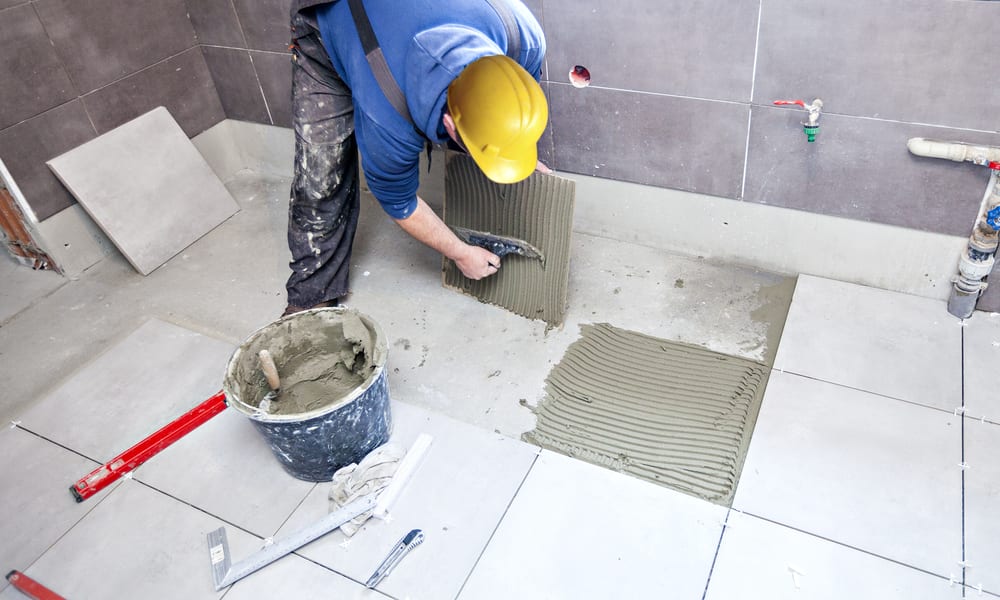Concrete Contractors: Services, Planning, and What to Expect
Concrete contractors play a central role in many residential and commercial projects, from laying a new driveway to forming foundations for a house. This article explains what concrete contractors do, typical project stages, how they protect property, and practical considerations for hiring and planning construction work that involves concrete.

What does a concrete contractor do for concrete?
A concrete contractor specializes in tasks that involve mixing, placing, finishing, and curing concrete. Work ranges from small repairs and decorative finishes to large structural pours. Contractors assess site conditions, prepare forms and reinforcement (rebar or mesh), manage concrete delivery and placement, and apply finishing techniques like brooming, stamping, or polishing. They also follow curing and jointing practices to reduce cracking and ensure long-term performance.
How is a concrete driveway installed?
Installing a driveway begins with site preparation: grading, compacting base materials, and creating proper drainage. The contractor installs forms to define edges, sets reinforcement if needed, and checks slope toward drains or away from the house. After concrete placement and consolidation, finishing tools create the desired surface texture and control joints are cut to guide cracking. Proper curing — keeping the surface moist or using curing compounds — is essential during the first week to achieve designed strength.
How do contractors manage work on a house project?
When working on a house, contractors coordinate with homeowners, other trades, and permitting authorities. Early steps include reviewing site access, underground utilities, and foundation or slab specifications. For additions, repairs, or new slabs, contractors follow building codes, manage inspections, and schedule concrete deliveries to match crew capacity. Communication about timelines, weather contingencies, and staging helps avoid delays and keeps the project aligned with structural and architectural requirements.
How do contractors protect your property during work?
Protecting property involves measures to limit dust, debris, and landscape damage. Contractors typically erect protective barriers, use plywood or mats to shield driveways and lawns from heavy equipment, and contain washout water from concrete trucks in designated areas. They also mark out utilities and use safe equipment handling practices to avoid accidental damage. A clear site cleanup plan and protocol for addressing accidental harm help preserve surrounding areas and minimize disruptions.
What should you know about concrete construction?
Concrete construction emphasizes planning, materials, and timing. Mix design (cement content, aggregates, admixtures) affects strength and durability; reinforcement and jointing control cracking; and weather influences placement and curing strategies. Seasonal variations matter — extreme cold or heat may require admixtures, heated enclosures, or adjusted curing methods. Verify that the contractor follows local building codes and has appropriate insurance and references for the specific type of work being performed.
| Provider Name | Services Offered | Key Features/Benefits |
|---|---|---|
| CEMEX | Ready-mix concrete, aggregates, technical support | Global supplier of ready-mix concrete with local batch plants and technical resources for mix selection |
| Holcim | Cement, ready-mix concrete, aggregates, admixtures | Large building materials company providing a range of concrete products and sustainability-focused solutions |
| Angi (Angie’s List) | Contractor marketplace and homeowner reviews | Online platform to find and compare local concrete contractors with user reviews and service listings |
| ConcreteNetwork.com | Industry information, contractor directory, design resources | Resource hub offering technical articles, contractor listings, and examples of finishes and techniques |
Conclusion
Concrete contractors combine technical knowledge, site preparation skills, and finishing expertise to deliver durable slabs, driveways, foundations, and decorative surfaces. Successful projects rely on clear planning, appropriate materials and reinforcement, attention to weather and curing, and careful protection of the surrounding property. Understanding these basics helps homeowners and project managers set realistic expectations and communicate effectively with contractors.






